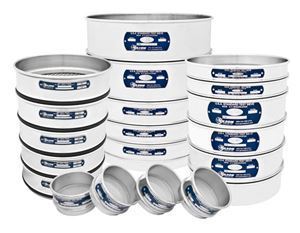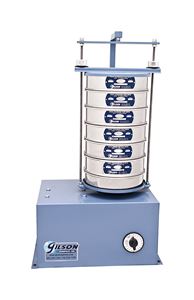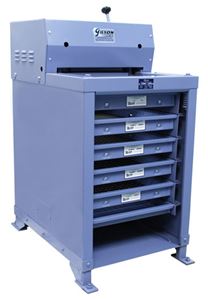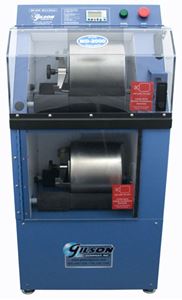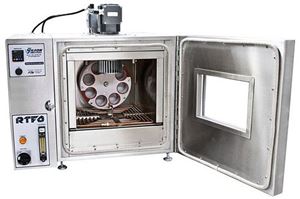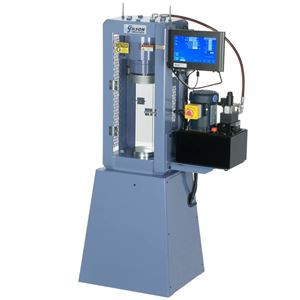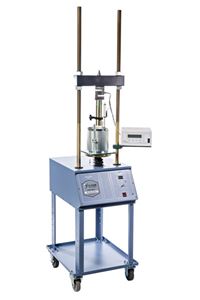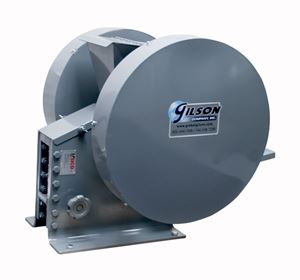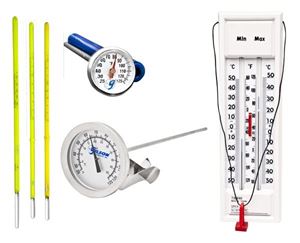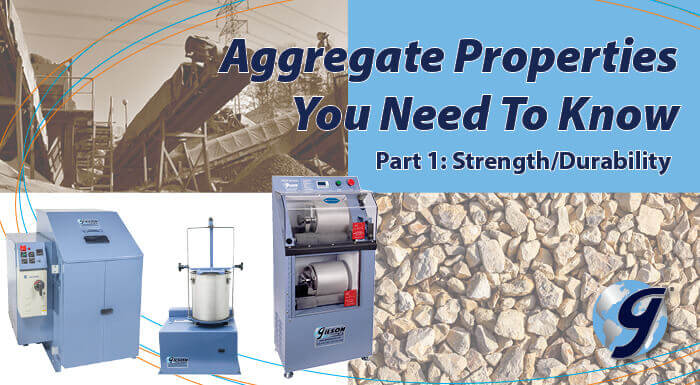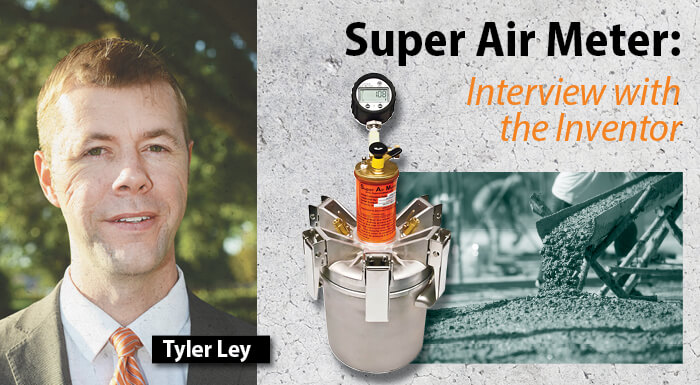Superpave’s origins came from simple questions that ballooned into complex, numerous offshoots as time passed and funding permitted. In this blog post, we discuss the impact of Superpave from the perspective of mix design, construction materials testing, and equipment for the lab.
- Log in
- Favorites List
-
Shopping Cart
You have no items in your shopping cart.
Gilson Insights
Have questions about your materials testing equipment? We have the answers to these questions and much more right here! Check back monthly for long-form blog posts, how-to guides and infographics. We’ll address industry insights, the operation and maintenance of specific equipment, and our product line recommendations, all designed to better serve you.
Bookmark this page, add it to your RSS reader, or subscribe to our newsletter, so you never miss a hot topic.
Concluding our two-part series on aggregate characteristics. Find out how shape, size, and specific gravity play a part in determining the effectiveness of aggregates in construction projects.
Soundness, toughness, and durability are all critical components to the effectiveness of aggregates used in construction. In part one of our series on aggregates, you’ll get an insider’s look at their strength properties, the methods of testing, and how to select the proper equipment for testing.
A multilayer asphalt design must perform as a single unit to withstand heavy traffic loads. In our latest blog, we’re taking a look at how asphalt tack coat is used to strengthen pavements, and how shear strength is tested to ensure optimal performance.
High decibel levels can potentially be a dangerous element in your materials testing lab. In part two of our special series on workplace safety, you’ll discover some of the best ways to reduce noise levels during testing.
In part one of our special series on workplace safety, we take a look at how advances in materials testing equipment are minimizing potentially harmful exposure to dust in the lab.
He's the professor who's passionate about concrete! In this exclusive Gilson interview, Dr. Tyler Ley discusses some of the history of concrete testing, his incredibly entertaining and informative videos on YouTube, and how he invented one of the industry's most innovative tools - the Super Air Meter!
In this blog, we will highlight the range of equipment available to perform this fundamental test method. ASTM test method D2435, and its AASHTO equivalent T 216, are the most common one-dimensional soil consolidation tests carried out today.
Sieving for particle size distribution is the primary test requested for construction aggregate samples. Whether field samples are being tested to evaluate a new aggregate source or just coming in as part of day-to-day quality control of production, particle size distribution is a primary consideration. If processing and sieving is not handled efficiently, it creates a backlog.
When designing concrete mixes, fineness modulus of the fine aggregate alone is required for effective proportioning of mixes. This blog post explores the process of determining and calculating fineness modulus, and how to accordingly select proportions of coarse aggregate.
- 2026
- 2025
- 2024
- 2023
- 2022
- 2021
- 2020
- 2019
- 2018
- 2017
- 2016
- 2015

